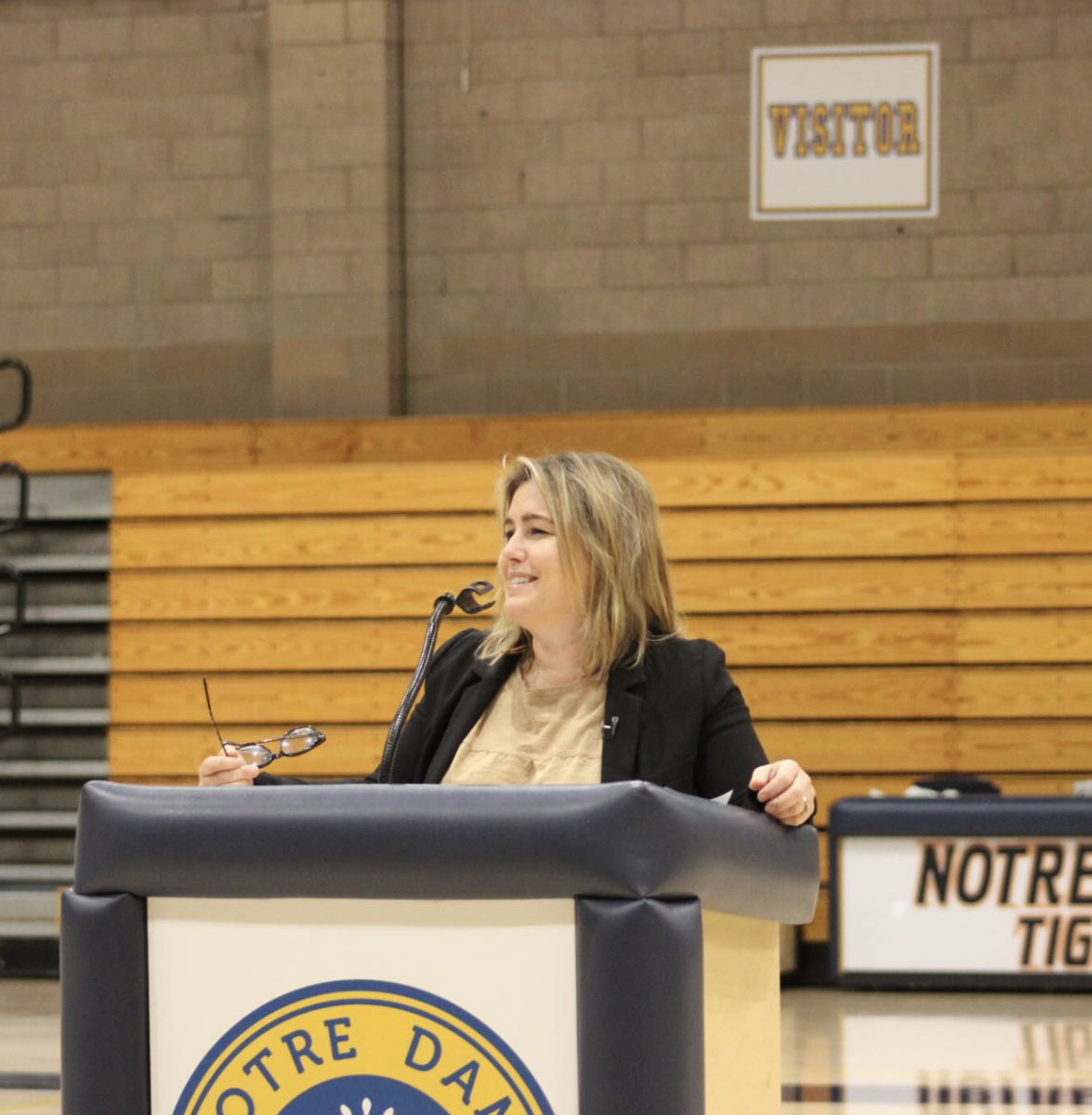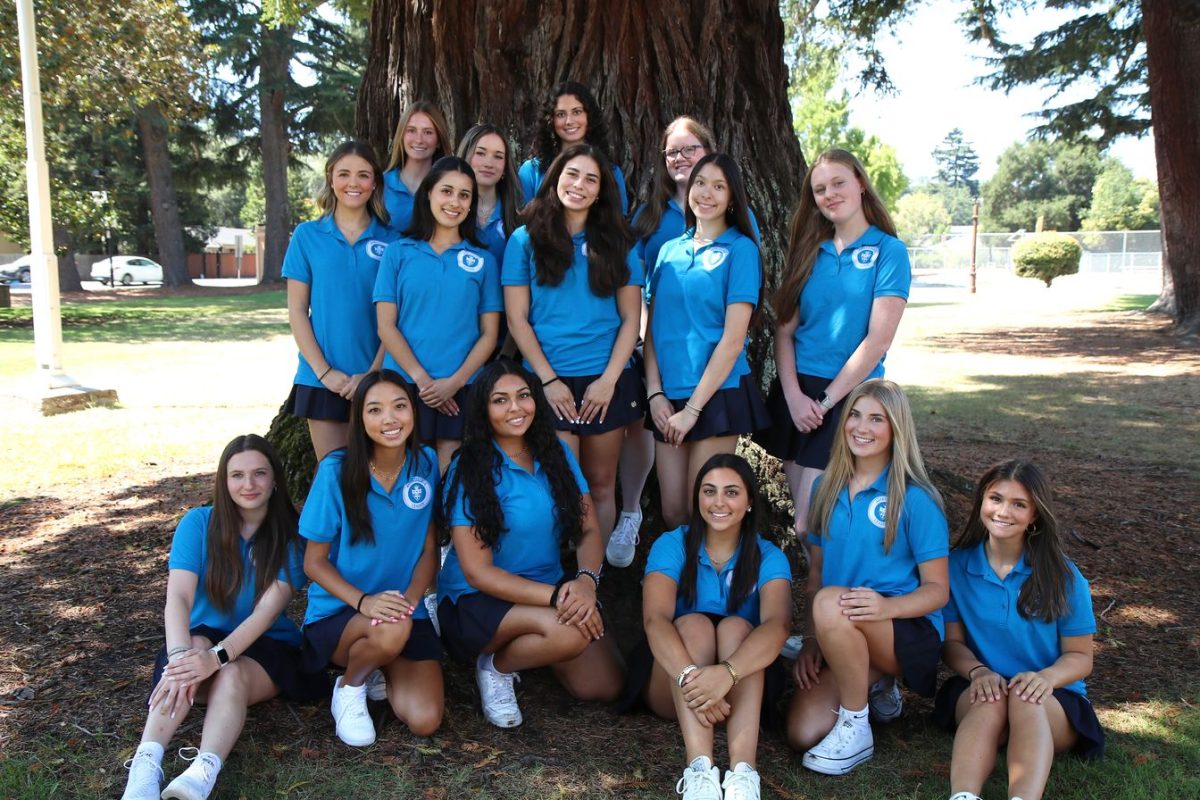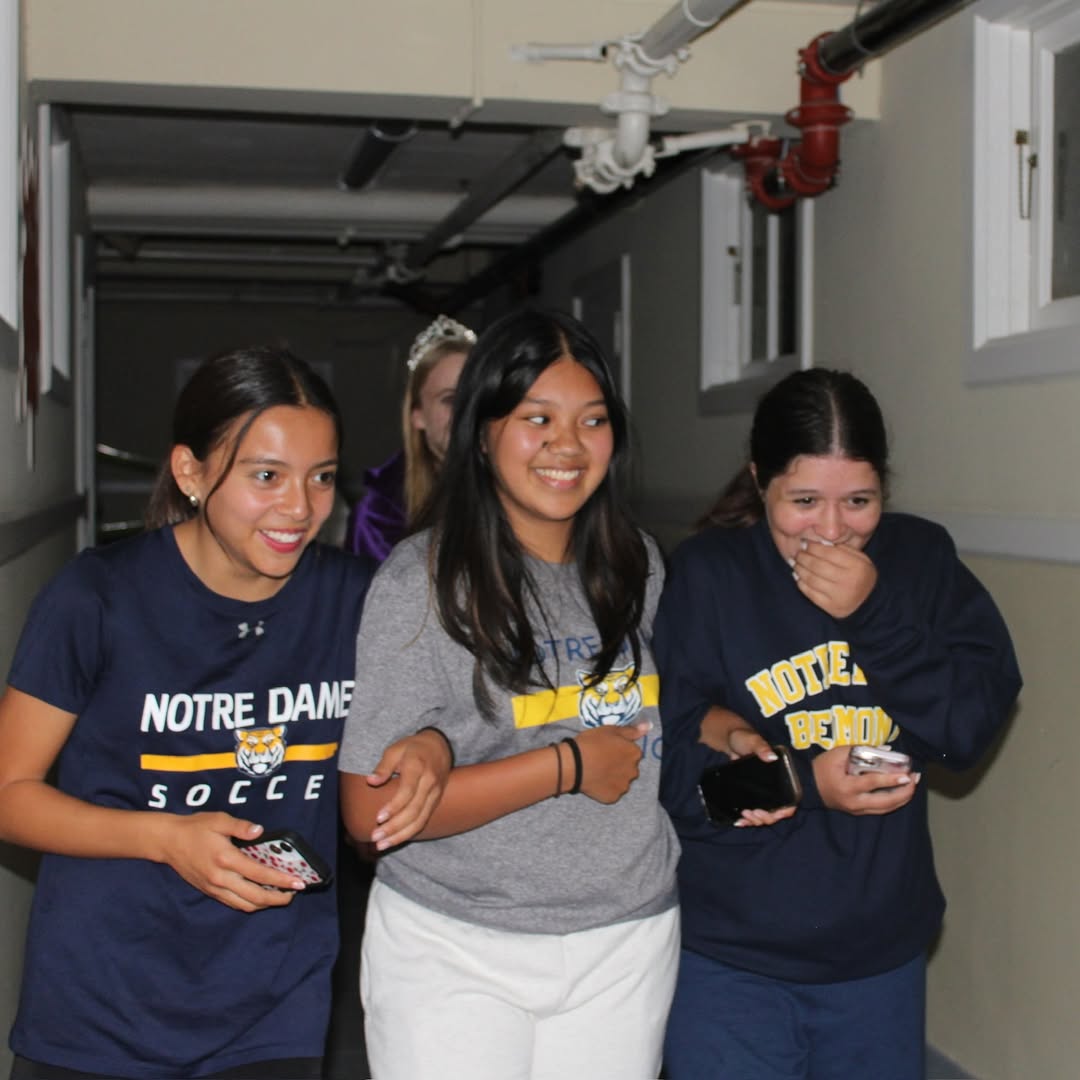On Wednesday, January 24, students gathered in the Moore Pavilion to listen to Kaitlin Soule, a licensed marriage and family therapist and the founder of Petaluma Cognitive Behavioral Therapy She spoke about the overwhelming role that social media plays in everyday life and shared the knowledge she has learned about the issue through her work.
“I want to talk about how we can coexist better with social media [and] how we [can] protect our mental health while we are using these platforms that are going to be a part of our lives,” said Soule during the assembly.
Soule spoke about the advantages and disadvantages of social media use. She also encouraged students to contribute to the conversation as well. They participated in some question and answer with her. They also reflected on paper about their reasons for engaging with social media and how they should place boundaries on their usage.
“I know that phones and social media are going to be a big part of our lives, said Soule. “… We should focus on how we can help and guide our children to have a better relationship with social media and their phone by choosing to let their values be their guide, instead of the things that make them feel insecure.”
Soule emphasized that an addiction to social media is not one’s fault, and individuals have the ability to establish a better relationship with it.
She also educated students on what dopamine is and how adolescent brains are more susceptible to addiction because of the happy dopamine feeling that scrolling through social media feeds release. She added how being cautious about digital footprints is important as well and stressed that, what one posts will never go away and could have a negative effect on their future.
Soule ended the discussion with the message that social media is not going away, but using one’s values and boundaries can help mitigate the negative impact it has on society.
Soule brings a contemporary voice into the world of psychology as she specializes in women and teen mental health, modern parenthood and anxiety disorders. Her background is extensive, and she has many resources available to those interested, like her book, “A Little Less of a Hot Mess: The Modern Mom’s Guide to Growth and Evolution.”










